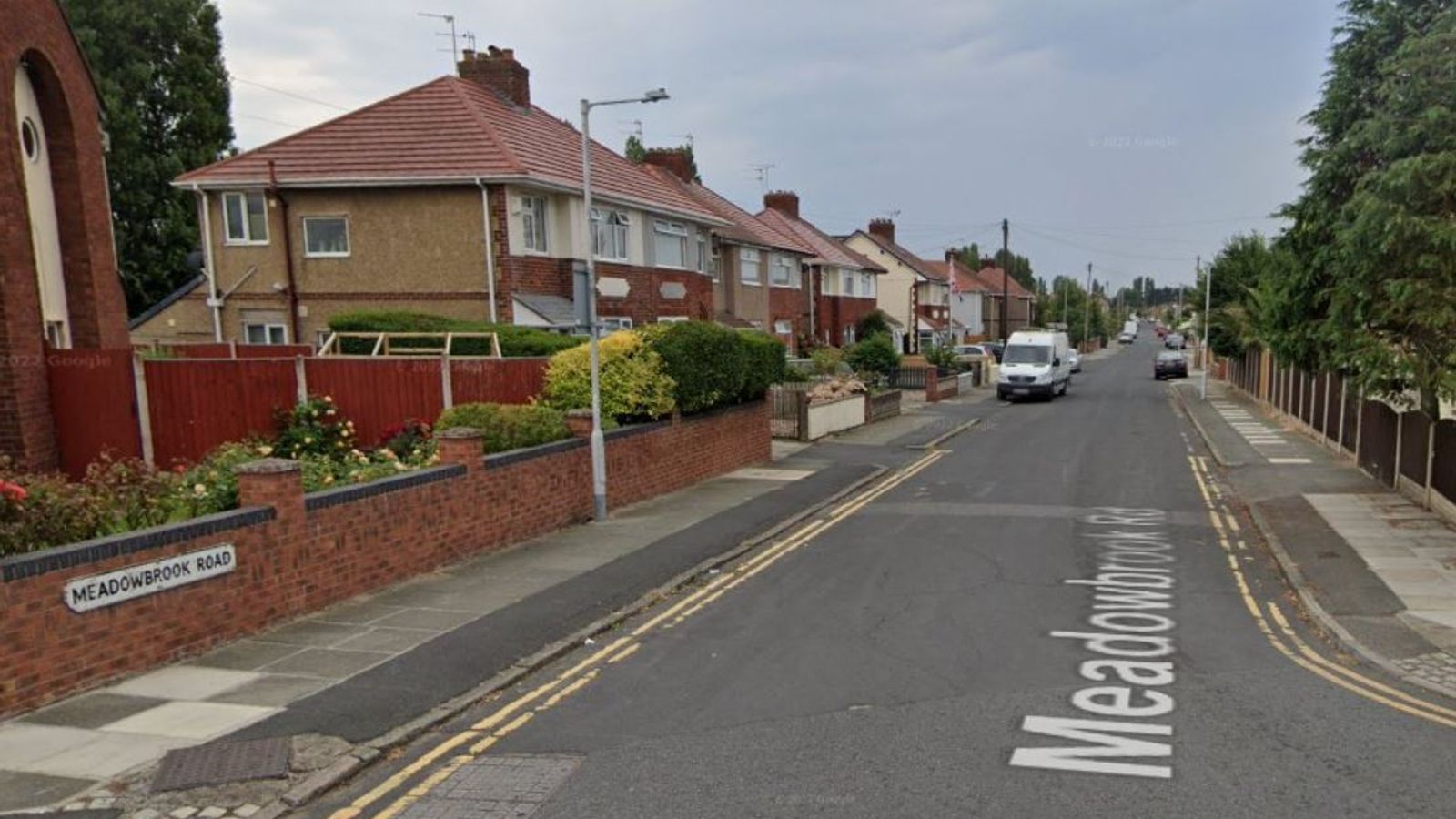Brazilians will head to the polls again on 30 October for a second round vote after former president Luiz Inacio Lula da Silva secured more than a 4% win over incumbent Jair Bolsonaro but failed to get more than 50% of the vote.
The highly polarised run-off election will determine whether the country returns a leftist to the helm of the world’s fourth-largest democracy or keeps the far-right leader in office for another four years.
Arguably Brazil’s most critical election since the end of military dictatorship in 1985, Mr da Silva of the leftist Workers’ Party had 48.07% of the votes in his favour after 98.35% of the total ballots had been counted.
Mr Bolsonaro was in second, with 43.5% support.
Mr Bolsonaro’s administration has been marked by incendiary speech, his testing of democratic institutions, his widely criticised handling of the COVID-19 pandemic and the worst deforestation in the Amazon rainforest in 15 years.
However, he has managed to grow a devoted base of supporters by defending conservative values and presenting himself as a protector from leftist policies, he claims infringe on personal freedoms.
But he has built a devoted base by defending conservative values and presenting himself as protecting the nation from leftist policies that he says infringe on personal liberties and produce economic turmoil.








